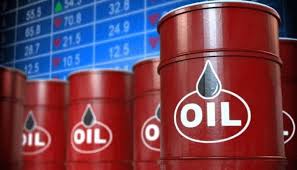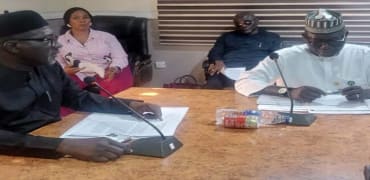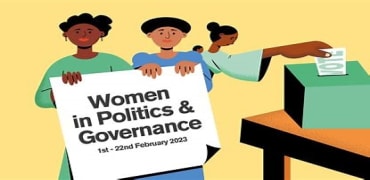Budget at Risk: Nigeria Misses 2025 Oil Production Target as Prices Slide Below Benchmark
Budget at Risk: Nigeria Misses 2025 Oil Production Target as Prices Slide Below Benchmark
Abuja, Nigeria — Fresh concerns have emerged over the viability of Nigeria’s ₦54.99 trillion 2025 national budget, as the country once again failed to meet its crude oil production target—one of the key pillars of its fiscal projections.
According to the July 2025 Monthly Oil Market Report (MOMR) released yesterday by the Organisation of Petroleum Exporting Countries (OPEC), Nigeria produced 1.547 million barrels per day (bpd) in June, based on data from secondary sources. This represents a marginal increase of 1.24% from the 1.528 million bpd recorded in May, but still falls significantly short of the budgeted output of 2.06 million bpd.
Even more worrying is the figure based on direct communication with Nigerian authorities, which puts actual output at 1.505 million bpd in June, up slightly from 1.453 million bpd in May—still nearly 30% below the official production target.
Oil Prices Add to Pressure
Adding to the economic strain is the price of Nigeria’s benchmark crude, Bonny Light, which hovered at $69 per barrel as of yesterday—$6 below the government’s reference price of $75 per barrel used in the 2025 budget.
With the budget assumptions pegged at $75 per barrel, 2.06 million bpd output, and an exchange rate of ₦1,500/$, analysts say the country’s revenue forecast is already veering off course.
Experts Sound Alarm
Reacting to the development, Prof. Wumi Iledare, Professor Emeritus of Petroleum Economics and Executive Director of the Emmanuel Egbogah Foundation, Abuja, described the budget assumptions as overly optimistic and disconnected from reality.
“I recall clearly expressing concern that the assumptions bordered on daydreaming. Now, here we are. The anchors of the budget—production, pricing, and cost—are all misaligned with reality,” he told Vanguard.
He stressed the need for a more realistic and data-driven budgeting process, especially in a global oil market characterized by volatility and geopolitical uncertainties.
OGSPAN Calls for Economic Refocus
Mazi Colman Obasi, National President of the Oil and Gas Service Providers Association of Nigeria (OGSPAN), also weighed in, urging the government to rethink its economic priorities.
“We’re passing through a critical phase. The country continues to invest in non-essential programmes instead of sectors that stimulate long-term growth,” Obasi warned.
He emphasized the need to maximize oil and gas revenue not just for immediate budgetary relief but as a catalyst to diversify the economy away from over-dependence on hydrocarbons.
Fiscal Outlook: Troubled Waters Ahead?
The repeated underperformance in crude production—coupled with a widening gap between oil price benchmarks and reality—has once again exposed the fragility of Nigeria’s mono-dependent economy.
With global oil demand facing headwinds from clean energy transitions, and domestic output stifled by pipeline vandalism, theft, and underinvestment in upstream assets, Nigeria may soon be forced to revise its budget or borrow more aggressively.
If the situation persists, economists warn that the federal government may struggle to meet its recurrent and capital expenditure commitments, especially as debt servicing continues to eat up a significant portion of the national revenue.
Bottom Line: A Budget Built on Sand?
As 2025 unfolds, the early warning signs are clear. Without aggressive reforms in the oil and gas sector, improved production capacity, and diversified revenue streams, Nigeria’s economic blueprint for the year risks collapsing under the weight of flawed assumptions and persistent fiscal misalignment.
By Haruna Yakubu Haruna



















